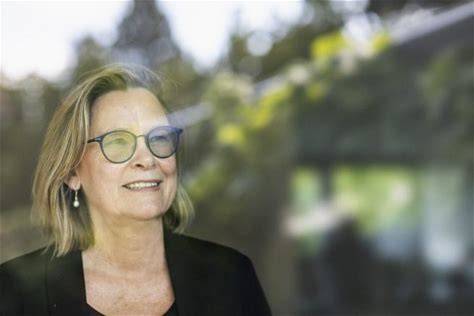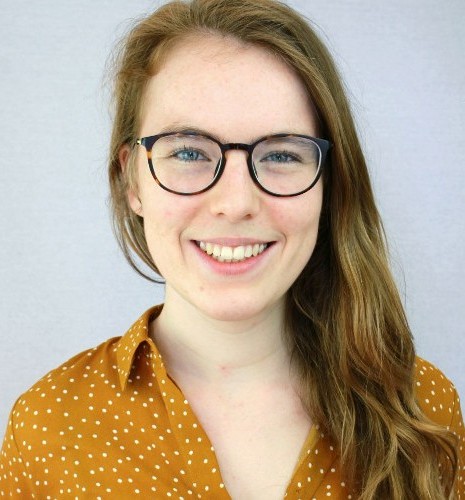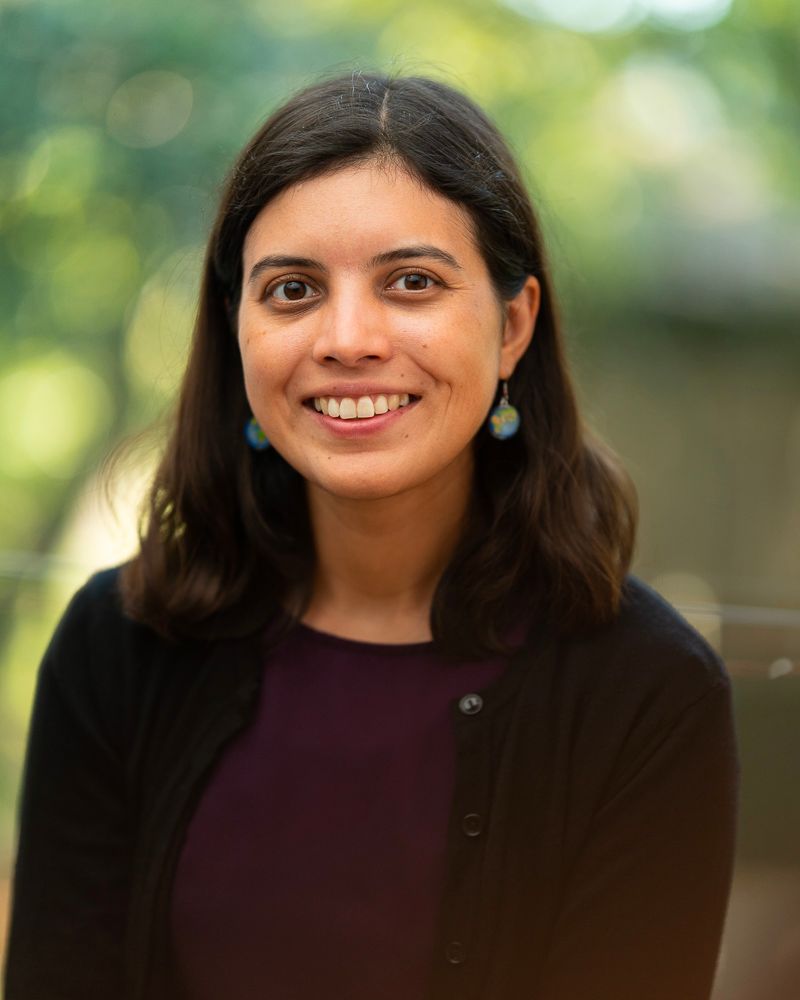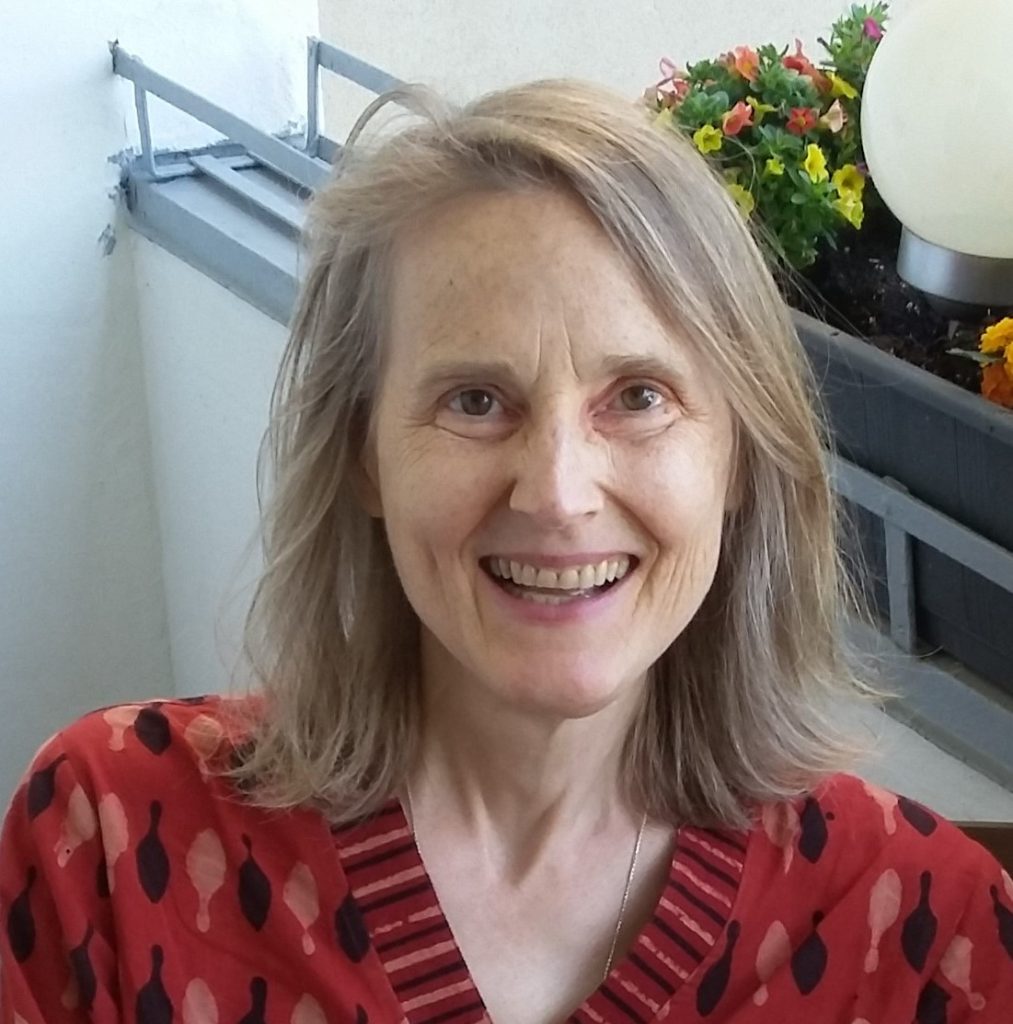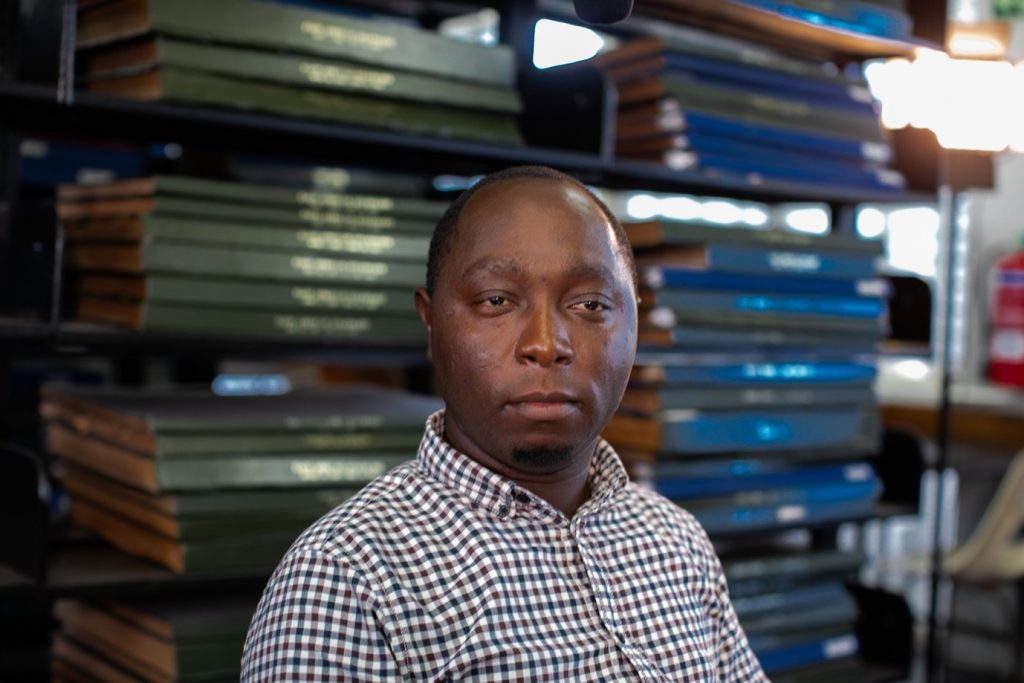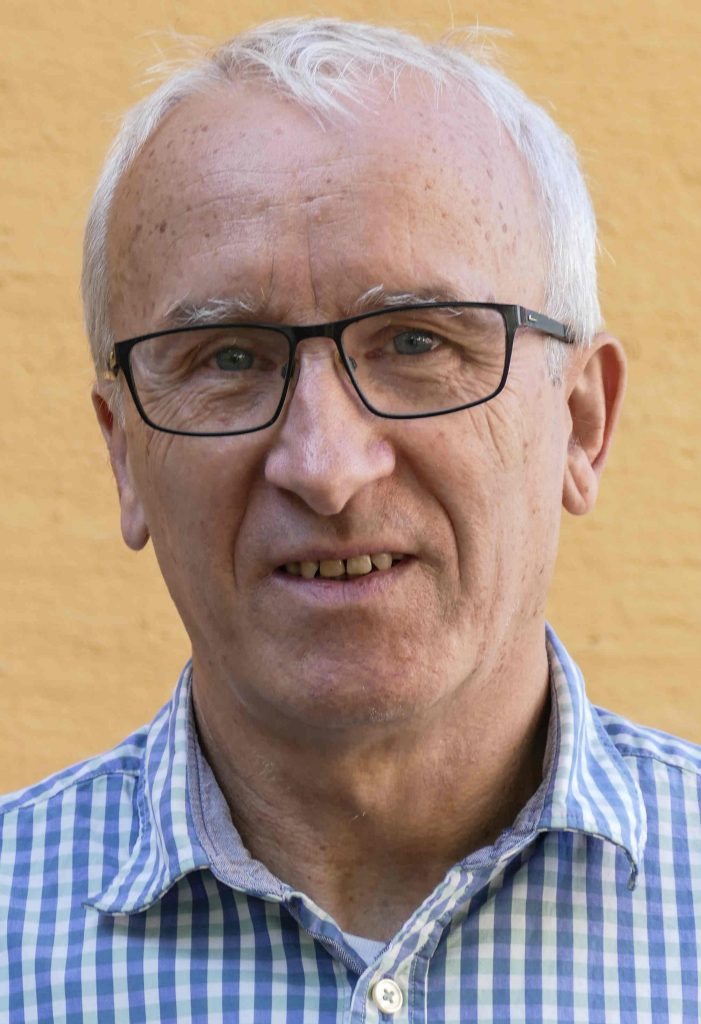Pandemics & Society Webinar 26 February, “Sex-Specific Impacts of In-Utero Exposure to the 1918 Influenza Pandemic on Longevity”.

For the fifth Pandemics & Society Seminar of our Spring 2026 series we are pleased to welcome Won-tak Joo (University of Florida). The seminar will be held on Thursday, 26 February at the normal time (16:00 CEST). More information about our speaker and the presentation is below. You can sign up for email notifications about the seminar series, including the Zoom details, here.
About the talk:
Previous studies have documented the health and socioeconomic disadvantages associated with in-utero exposure to the 1918 influenza pandemic. Utilizing mortality records from Social Security Numident data, which cover nearly all deaths in the United States between 1988 and 2005, this study estimates the effects of in-utero pandemic exposure on old-age mortality. Baseline results indicate a longevity reduction of 0.2 years among males born in 1919 compared to those born between 1915-1918 or 1920-1922. However, when restricting the sample to individuals born in 1919 or earlier and incorporating sibling fixed effects, the longevity disadvantage is more pronounced for females (ß = -2.3, p < 0.01) than for males (ß = -1.4, p < 0.1). The effects of in-utero exposure, weighted by city-level influenza intensity, reveal similar patterns. I assess the robustness of these findings using data from crowd-sourced genealogy datasets, which include mortality records from young to old ages, and discuss potential mechanisms that may explain the long-term mortality consequences of the pandemic.
About the speaker:
Won-tak Joo is an assistant professor of sociology at the University of Florida. His interests are in social demography, social networks, and computational sociology. His current projects explore (1) socioeconomic differences in social network changes during later-life transitions (e.g., disease diagnosis, retirement), and (2) the individual and family consequences of epidemics using large genealogy and census datasets.

